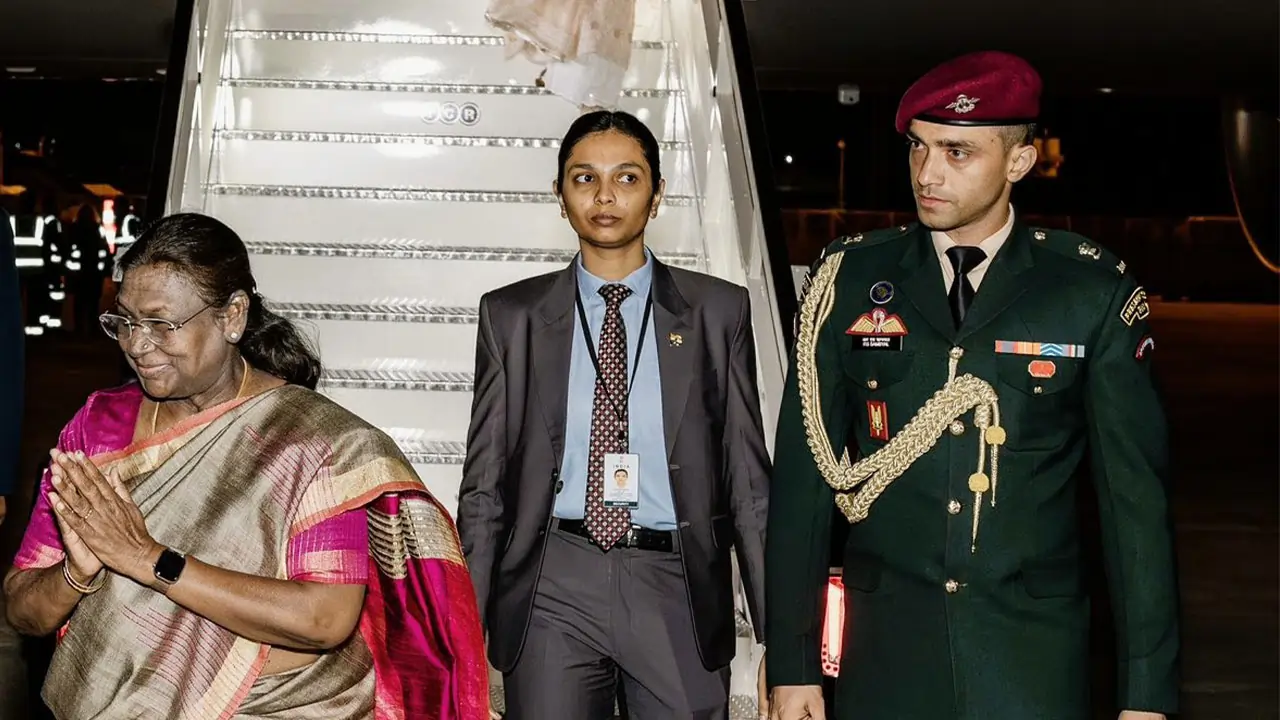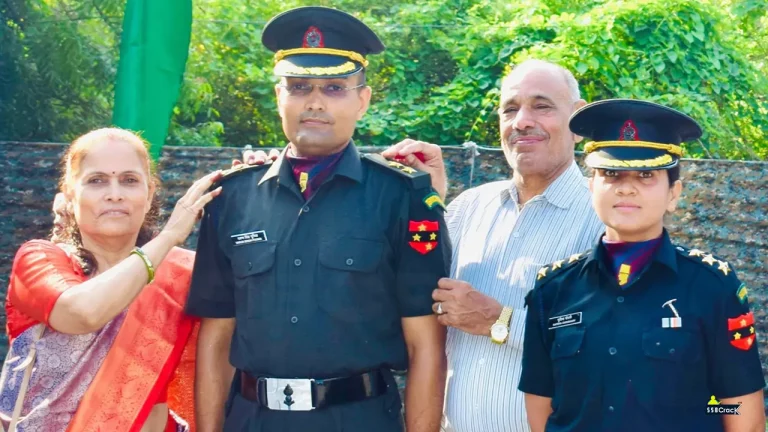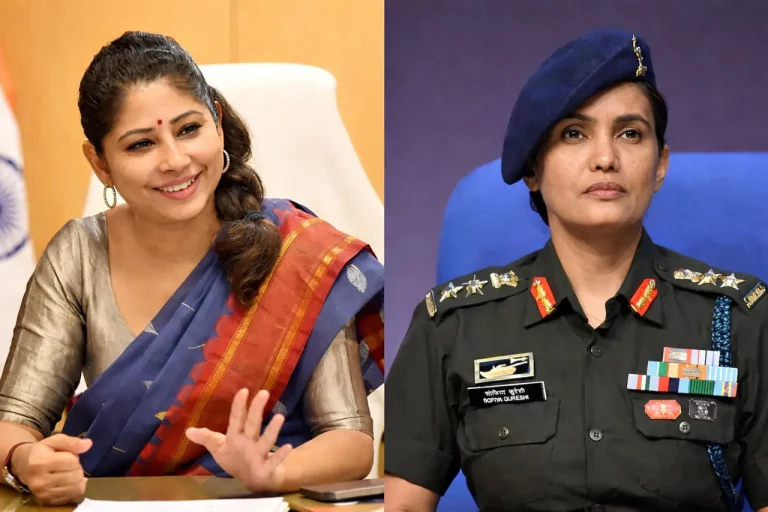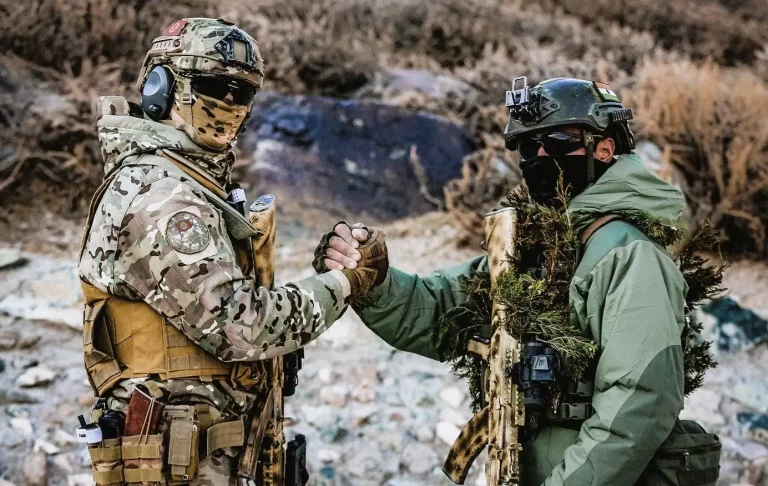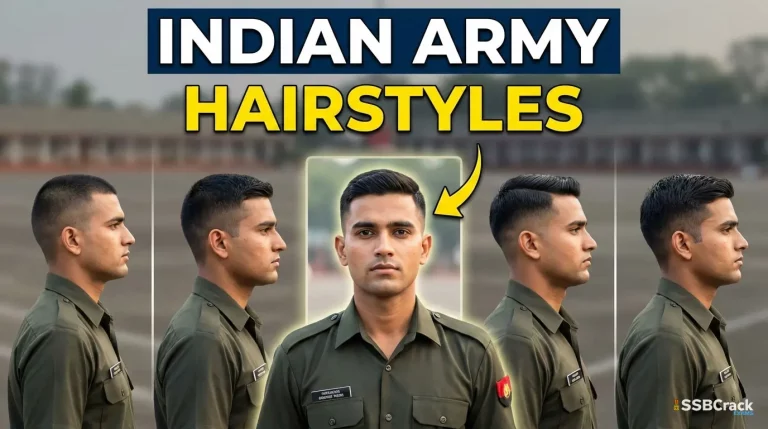In the Indian Armed Forces, the Aide-de-Camp (ADC) position epitomizes a fusion of military tradition, administrative efficiency, and national pride. Originating from colonial-era practices, the ADC role has transformed into a prestigious title given to officers who directly support the country’s top leadership.
The ADC concept emerged from French military customs, translating to “assistant in the field.” In India, it gained formal recognition during British colonial rule and has continued to be a critical component of the Armed Forces following independence. Today, ADCs serve not only functional needs but also represent esteemed honors, allowing recipients to use post-nominal letters like ADC even after their service concludes.
ADCs are appointed by the President of India, who acts as the Supreme Commander of the Armed Forces, thus fostering seamless military-civilian collaboration. This role has also been adapted for state Governors and top generals, ensuring it meets contemporary governance requirements while maintaining its ceremonial importance.
Historically, ADCs have played significant roles during key national moments, from independence celebrations to modern diplomatic functions. Recent developments, such as appointing an honorary ADC from the Territorial Army, indicate an inclusive approach, allowing part-time reservists to contribute to these high-profile roles. In sensitive regions like Jammu and Kashmir, Governor ADCs are predominantly from the Army, addressing specific security concerns.
The multifaceted duties of an ADC can be classified into administrative, ceremonial, and advisory roles:
-
Administrative Tasks: ADCs manage schedules, handle correspondence, coordinate travel, and prepare itineraries, ensuring that their principal can focus on higher-level strategic decisions. This includes logistical arrangements for state visits and overseeing household staff.
-
Ceremonial and Protocol Duties: ADCs ensure compliance with military protocols during significant events, acting as links between governmental departments, military units, and embassies during various ceremonies.
- Security and Advisory Roles: They provide critical input on security arrangements and serve as trusted advisors on military matters. In pressing situations, ADCs maintain composure to provide briefings in the absence of their principal, extending their role into national security discussions.
The high-pressure nature of the role often involves extended hours and travel, presenting ADCs with unmatched exposure to political and diplomatic avenues within India. Typically, service chiefs are supported by three ADCs, while Major Generals and equivalent ranks usually have one, often sourced from their respective regiments.
To qualify as an ADC, candidates must be commissioned officers with specific experience and characteristics:
-
Service Experience: A minimum of 5-7 years in the Armed Forces is required for candidates to mature and hone their expertise.
-
Rank Levels: Eligible ranks include Army Captains or Majors, Navy Lieutenants or Lieutenant Commanders, and Air Force Flying Officers or Squadron Leaders.
- Personal Qualities: Aspiring ADCs must exhibit exceptional discipline, leadership, physical fitness, and communication skills. A flawless service record is essential, given the sensitivity of the information they handle.
Recognizing the need for inclusivity, women officers are increasingly appointed, as illustrated by Lieutenant Commander Yashasvi Solanki’s appointment in 2025 as the first female Navy ADC to President Droupadi Murmu.
The selection process for ADCs is a meticulous, merit-based internal procedure that includes recommendations from unit commanders. Candidates undergo multiple assessments, including mental aptitude tests, physical evaluations, and personal interviews with senior officials, emphasizing a holistic suitability for such a high-responsibility role. Full security clearance is also essential before appointment.
Following selection, ADCs engage in specialized training that includes protocol, diplomacy, and operational administration. This training equips them with the necessary skills to adapt seamlessly to the responsibilities they will undertake.
Prominent ADCs have often leveraged their experiences to advance to high-ranking positions within the military, enhancing their leadership capabilities through their unique responsibilities. While enriching, the role can entail considerable stress and demands constant availability, highlighting the substantial contributions of ADCs to the governance framework of the Armed Forces.
A structured allocation ensures balanced support for varying positions, with specific tenure periods. For example, the President has five ADCs, inclusive of one honorary role, while each state Governor typically has two to three years of ADC support.
The ADC role not only exemplifies commitment to military service but also provides a unique opportunity for officers to shape national affairs while adhering to core military values. Those aspiring to this prestigious position are encouraged to strive for excellence from the outset of their careers in the Armed Forces.
